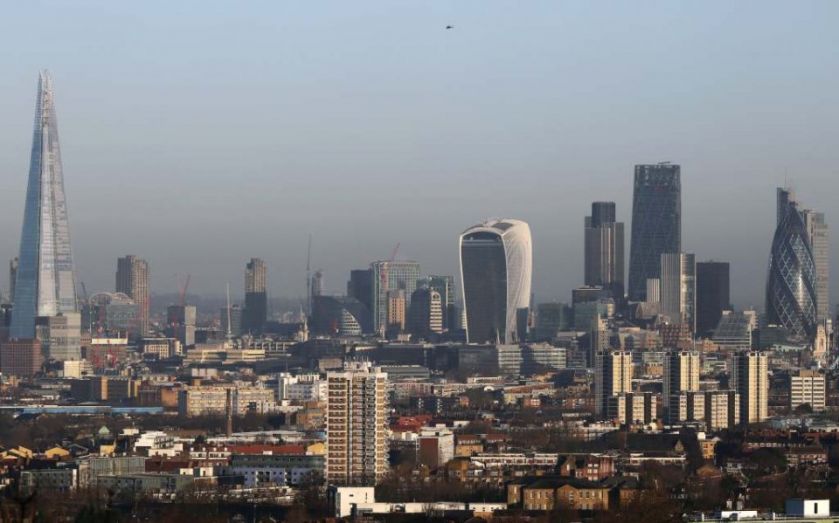Labour must re-embrace the City of London for the benefit of all society

AS HSBC mulls over whether to leave the UK, it’s time for Londoners to re-embrace the City of London. Indeed, if I was mayor, I would be campaigning for major banks to stay headquartered here, unlike the current mayor. The jobs they offer directly and indirectly matter, but the damage to London’s reputation if they left would be significant. The banks have already faced considerable and deserved criticism – and will face more – but financial services remain the bedrock of the capital’s economy.
We shouldn’t merely try to co-exist reluctantly alongside the City. We need to help it become the most trusted financial centre in the world.
It’s not enough to be angry with the City’s excesses; we need to find ways to engage those who work in finance so they work much more in the way we would like them to – to benefit all of society. So we must plan with City leaders how to rebuild and enhance London’s reputation as a place to do business.
In the first instance, we need to establish a taskforce to rebuild trust in the City. It needs to include leading industry figures but also those the City should serve – representatives of its customers and its hosts in London’s boroughs and civic life. It needs to be cross-party, with national government represented as well as London government. It needs to include those damaged by its mistakes as well as those who have benefited, and must focus on restoring the City’s reputation among Londoners and the wider UK before looking beyond our borders.
The City must also do more to promote investment in London – expanding and enhancing our capital’s social, economic, cultural, and environmental architecture. It should collect and publish its contribution to the building of social and affordable housing. It should outline what support it is providing to modernise and expand public transport, and how it is responding to the needs of London’s small businesses.
It should be clear on how it is answering the need for more low carbon investment, and it should be specific about what it can do to help community banking and credit unions respond to the need for more local finance.
And the City of London Corporation must work alongside others to encourage further investment by its big beasts in these areas of public benefit.
It is in no Londoner’s interest for the City’s reputation to remain tarnished. Instead, we should point it towards a better future. It is difficult to see how anyone benefits from banks departing the capital. Given that London generates almost a quarter of the UK’s wealth, and given how important financial services are to London’s economy, the mayor should be a member of the Prudential Regulation Authority.
London’s future depends on a well-regulated City with an improving reputation. I want all Londoners to benefit from the wealth our City generates which is why I want to cut tube, train and bus fares by 10 per cent and then freeze them; an almost 20 per cent cut in real terms by 2020. While we do need to rebalance our economy so we are not so reliant on financial services, this shouldn’t entail tearing down the City but ensuring that it is working more effectively to build up other sectors.
As mayor I will be accountable for shaping London’s economic future. I will appoint a deputy mayor able to liaise with big firms in the City, who can champion reform but who will also drive forward my agenda for London to be seen as the most trusted financial centre in the world to do business.
We can’t afford to be complacent about London’s economy. Spin won’t work – the crisis has been too severe. A new direction is essential.